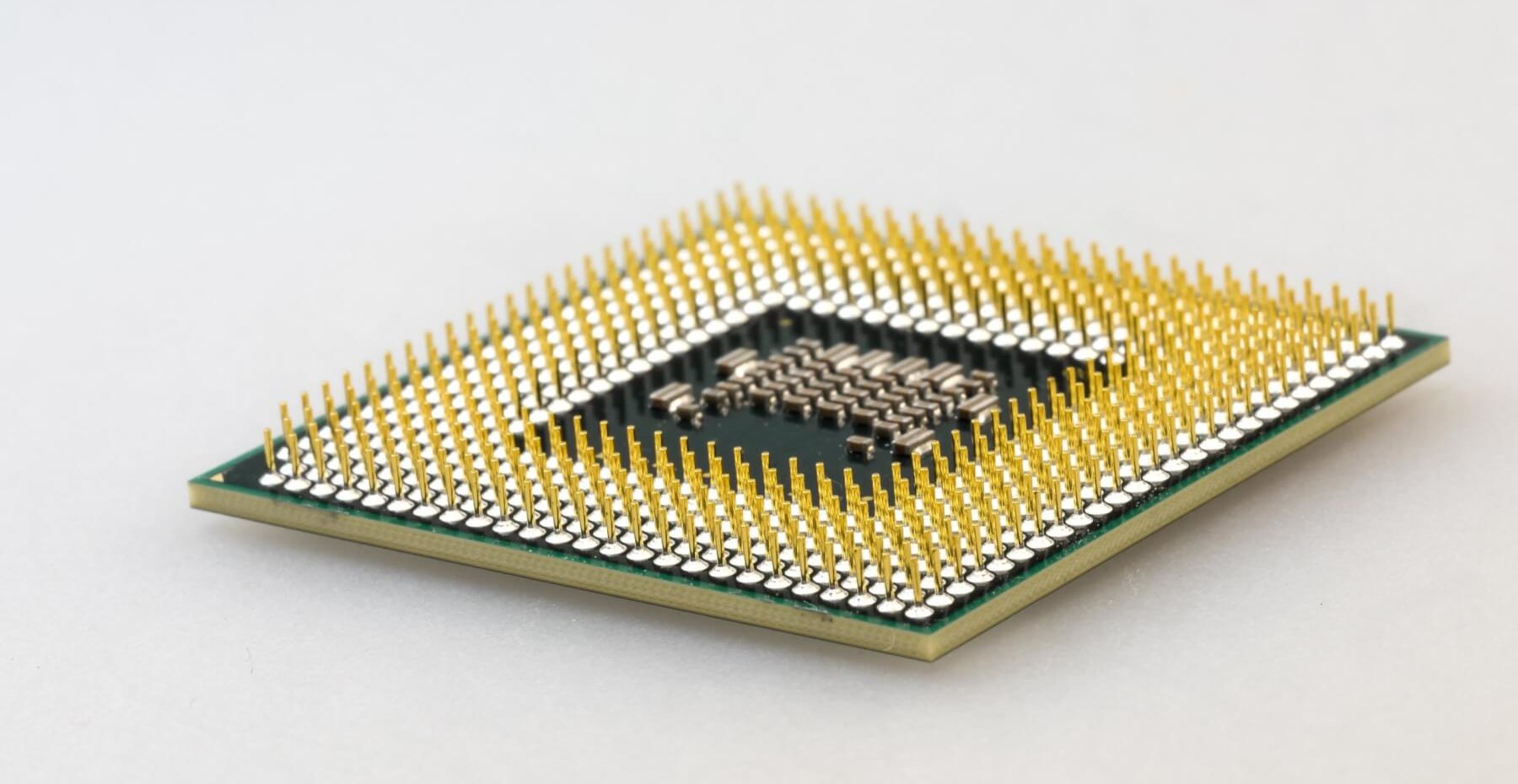The future of phones looks bright! We’re looking at week-long battery life for phones in the near future, if Samsung and IBM have a say in it.
The two companies are working on a new semiconductor design called VTFET. This one suggest stacking transistors vertically on a chip instead of placing them horizontally. That way, the current would flow up and down the stack of transistors instead of left and right on the traditional layout.
Why go through all that trouble?
Well, this type of design would bring immediate benefits, argue IBM and Samsung. According to them, a VTFET chip could offer a “two times improvement in performance or an 85 percent reduction in energy use” compared to current FinFET ones.
In fact, these semiconductors could help phones last longer, increasing their battery life from days to over a week without the need to charge. And that’s just the beginning; the companies imagine possible use cases in the realm of cryptocurrency mining and data encryption as well as space and IoT device manufacturing. Here’s what you need to know about what is IOT in maufacturing.
They’re not the only ones to pursue this avenue, though. Intel is hot on their heels. As a matter of fact, Intel already previewed a new transistor design, the RibbonFET. That is intended to be Intel’s successor to FinFET technology and should be in production starting with 2024.
Next for Intel? Stacked transistor tech of course!
Intel Wants To Surpass Apple By Making Better Chips
Amazing Details! Check Out This Tiny 1959 IBM Mainframe Computer Replica
Follow TechTheLead on Google News to get the news first.
























